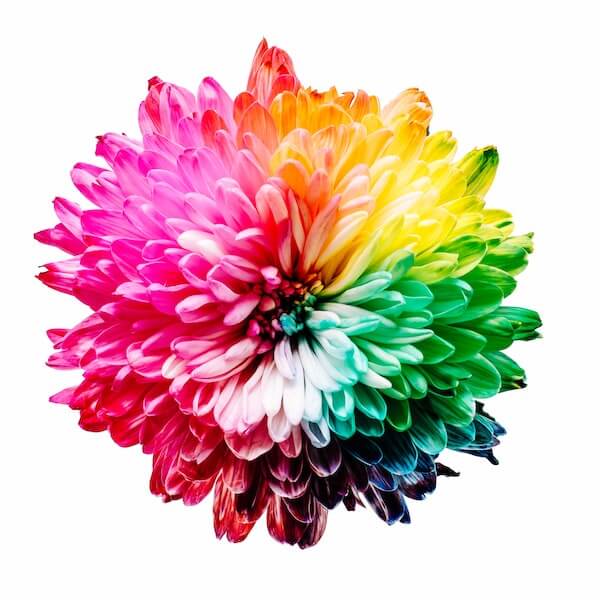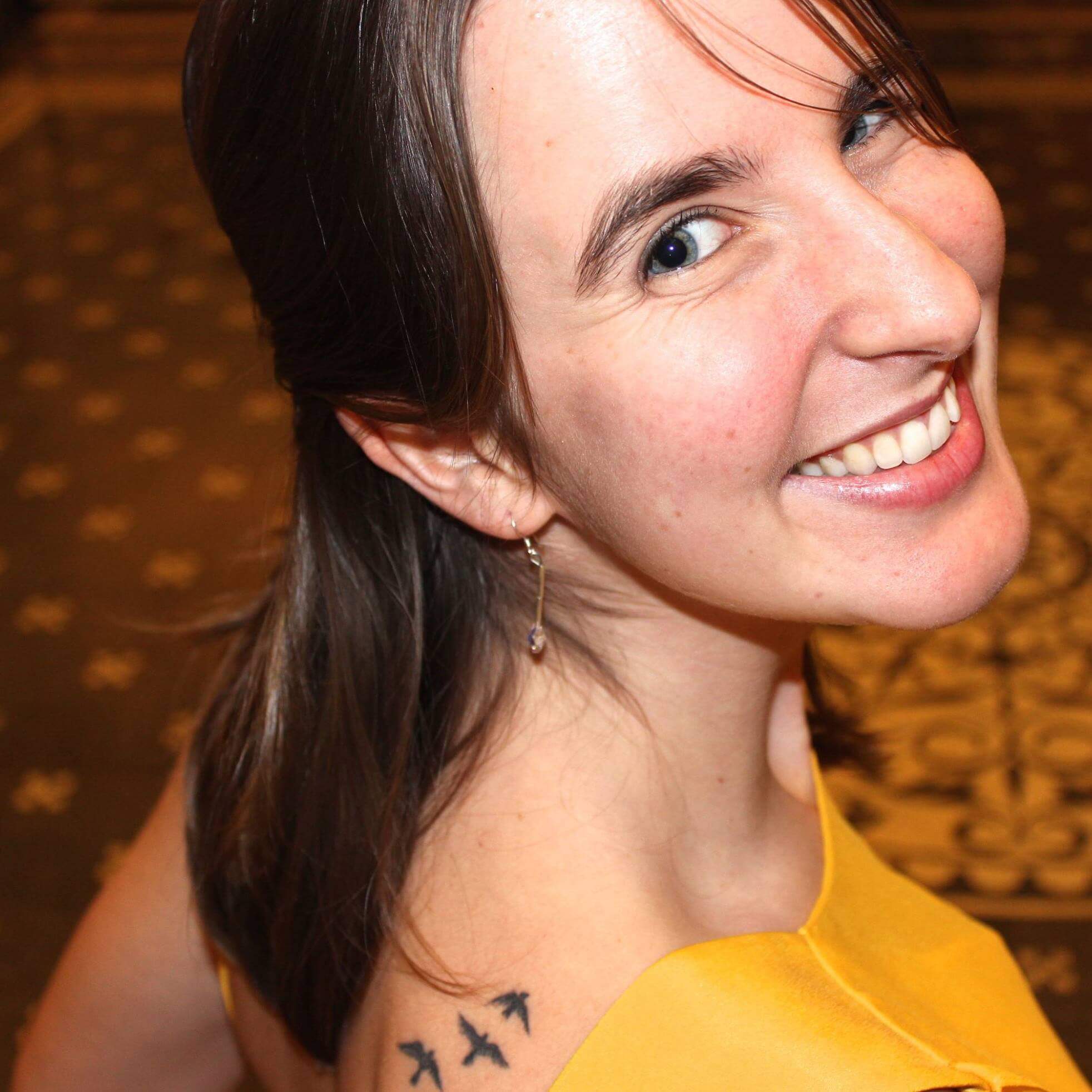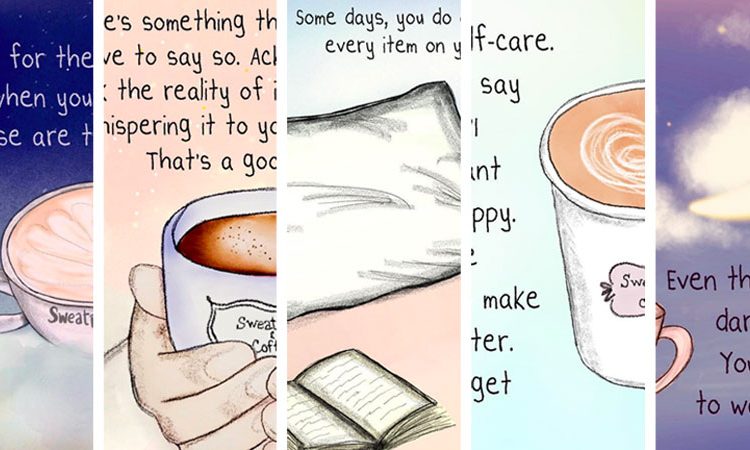Pride Month is something that can be tricky for anyone who’s discerning and naming their identity, but perhaps it’s the most difficult for folks of faith (or young folks growing up in religious households).

When reporting on a 2018 study from the American Journal of Preventative Medicine examining the link between religiosity and suicidal ideation in teenagers, Karen Kuruvilla wrote “…Religion may have acted as a protective factor against suicide attempts among heterosexual youth. Each increase in the level of importance of religion among straight youth was associated with a 17 percent reduction in recent suicide attempts. On the other hand, for lesbian and gay youth, increasing levels of religious importance were associated with increased odds of recent suicidal ideation… lesbian and gay youth who said that religion was important to them were 38 percent more likely to have had recent suicidal thoughts, compared to [those] who reported religion was less important. Religiosity among lesbians alone was linked to a 52 percent increased chance of recent suicidal ideation.” This doesn’t even begin to cover the worsening pain that can come from having questions about your gender identity.
Too many people have been shamed, told they’re going to hell, made to believe that they will change if they pray hard enough or “just meet the right person.” (This is on top of the usual mess that purity culture usually leaves in its wake. And ironically, when Lil Nas X released the brilliant video for his song “MONTERO: Call Me By Your Name”, many people of faith clutched their pearls about him using deeply-rooted religious symbolism and pole-dancing his way down to hell – as if they don’t believe that “people like him” are going to an actual hell once they die.) I did not grow up religious, but I experienced this as a queer woman as soon as I became a Christian at age 20. Even though I had been taught all throughout my childhood that “being gay is A-Okay”, I started to question it – and other people started to question me. At one point, I was told that I should hope I find a man because if I didn’t, I would need to be celibate in order to honor God’s plan for human sexuality. “The Bible is clear. People who celebrate queerness are not listening to it.”
I didn’t know the texts well enough to say “no way” to this using Scriptural understandings; I only knew how to say “God is love… right?…” And so I had the Bible thumped against me in the evangelical contexts in which I was being nurtured in so many ways except this one.

And I started to believe what they said.
And I started to feel sad, scared, and ashamed, a stark contrast from when I had proudly announced a year before becoming a Christian.
I’m grateful that queer-affirming Christians who are also listening closely to the Bible came into my life and whispered words of love and freedom over me. They showed me that the Bible is more complex than I had been told. They showed me that the over-arching narrative and theme of Scripture –liberation for all people – applied to who people understand themselves to be (gender) and who their heart loves (sexuality). They saved my faith. They expanded my faith. They deepened my faith. They made room for me just as I am, and that will be true regardless of who I kiss at an altar someday. They not only acknowledged me, but celebrated me as well.

I thank God that these faithful voices are becoming louder and more common. I thank God for online queer communities for folks who don’t have them in real life (#faithfullyLGBT and Q Christian Fellowship are great for this, to name a few). I thank God that so many kids in the youth group I interned with while I was in seminary didn’t even kind of see a problem reconciling their faith with more open understandings of sexuality and gender. “Wait, people don’t believe that God loves all people…?” The queer kids there loved having a queer leader because some of them saw themselves in leadership in a faith-based context for the first time ever. As they say, the kids are going to be alright, I think. I hope that this gives you as much hope as it gives me, and I hope that if you’re queer, this affirms you wherever you are in your own journey.

Oh, by the way – this super queer woman with a queer pride flag button on her hospital chaplain badge is getting ordained as a Reverend in the Presbyterian Church (USA) next month. I work with kids; I’m not going to ask them to call me Reverend. But to those who tell me I’m going to hell, that’s Reverend Emmie Arnold to you.








Leave a Reply